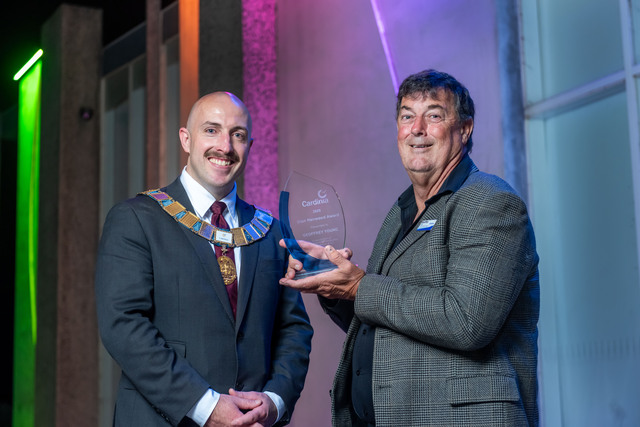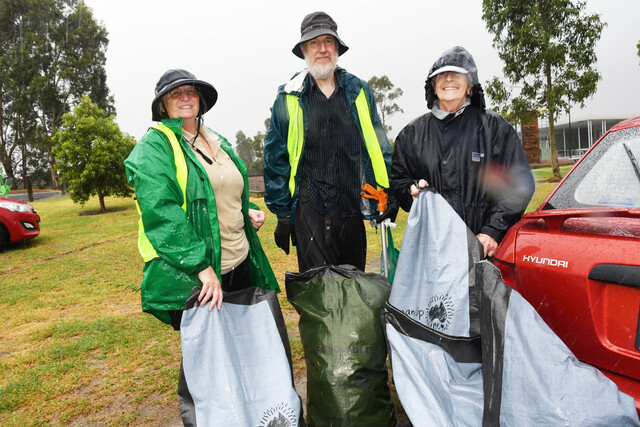By BRIDGET SCOTT
REPRESENTATIVES from sporting clubs across the City of Casey got an insight into the local ice problem last Wednesday night and how they can act to help combat the problem.
About 50 people turned out for an ice forum at the Narre Warren Civic Centre last week where they were informed about the local drug problem and how they can contribute to solving it.
Led by the Australian Drug Foundation, the forum encouraged people to become part of the Good Sports Program and implement an official drug policy into their sporting groups.
Local police area commander Inspector Paul Breen was one of the guest speakers at the forum and discussed the issue of ice at a local level.
He emphasised the fact that police need as much help from the community as they can get to help address the crime.
“People look at police and say what are you doing about it, but what is everyone else doing about it?” he said.
“We are not winning the fight.”
“It’s prevalent.”
Geoff Munro from the Australian Drug Foundation as well as Peter Wearn, director of YSAS also spoke at the forum on different issues surrounding the drug.
Mr Wearn gave the audience an insight into the reality of the drug and the effect it has on users.
He explained that ice causes the “flooding and release” of people’s own chemicals into the brain and described it as “pleasure at a price”.
“It creeps up on people and deregulates their emotional response,” he said.
“It compromises people’s ability to think normally.”
Following Mr Wearn and Insp Breen, Mr Munro spoke to people about the importance of prevention.
He said that those most at risk are people who are isolated from the community.
“Sometimes it only takes one person to help them,” he said.
He said sporting clubs provide a protective environment, with local coaches often acting as a mentor to those they’re in charge of.
“The most important person in the club is the coach,” he said.
“The coach sets the standard, but so do we all.”
He said a drug policy is invaluable and is a formal statement which provides guidelines for people at the club which can act as a deterrent to drug use.
“The most important aspect of this night is that sporting clubs are encouraged to understand the role they play in reducing factors that lead people to use drugs,” Mr Munro said.
“It’s about increasing social inclusion and community cohesiveness.”







